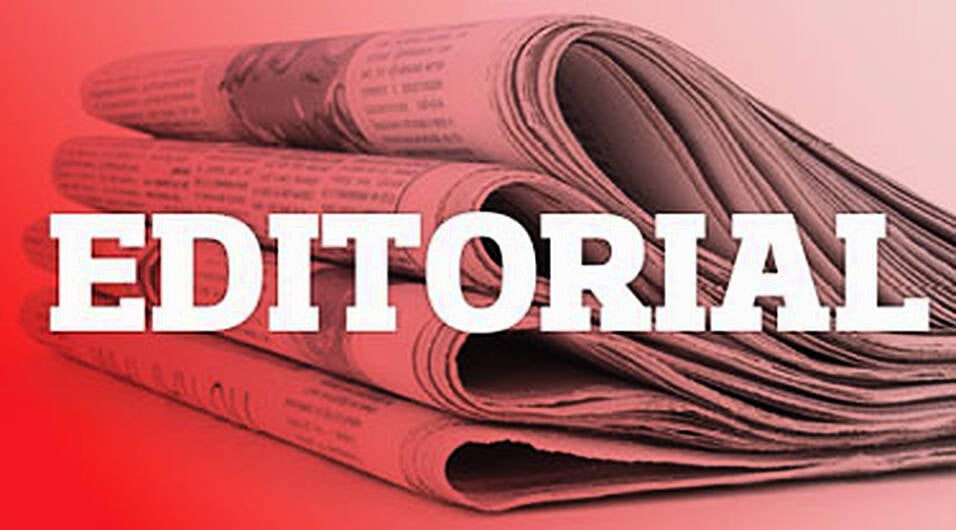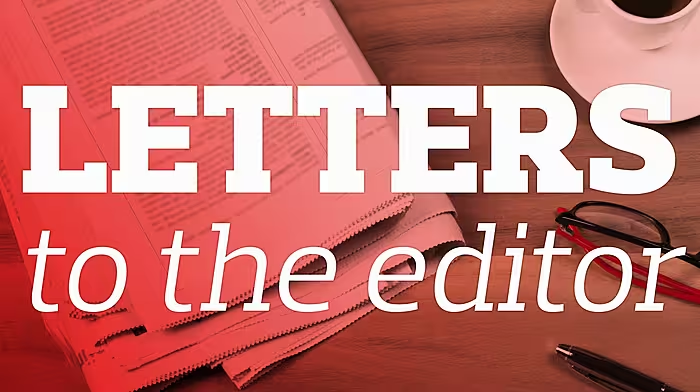NEW figures from the Central Statistics Office show that the economy contracted by 6.1% during the second quarter of 2020 due to the impact of the Covid-19 restrictions. These statistics show the largest quarterly decline in GDP on record, surpassing the 4.7% decline recorded in the fourth quarter of 2008.
Minister for Finance Paschal Donohoe said, ‘the hit was not as severe as many of our trading partners, for instance the UK, Eurozone and the US where GDP declined by over 20, 12 and 9 per cent respectively in the same period.’ However, two successive quarters of contraction officially puts the Irish economy into recession.
The news was not unexpected as the period from April to June coincided with the height of the Covid-19 restrictions, bringing much lower levels of economic activity and personal consumption of goods and services. A reversal of these trends, albeit modest, has been taking place in July and August after most restrictions were lifted and with more people returning to work.
Tax revenues have not been hit quite as badly as first feared, but there has been huge expenditure on health, education, social welfare and business-boosting initiatives. In fairness to it, the government acted quickly and decisively to cushion as much as it could the blows from the contraction in the economy, but we are far from finished with such setbacks as the pandemic continues. Budget 2021 in three weeks’ time will, hopefully, comprehensively address what needs to be done.










